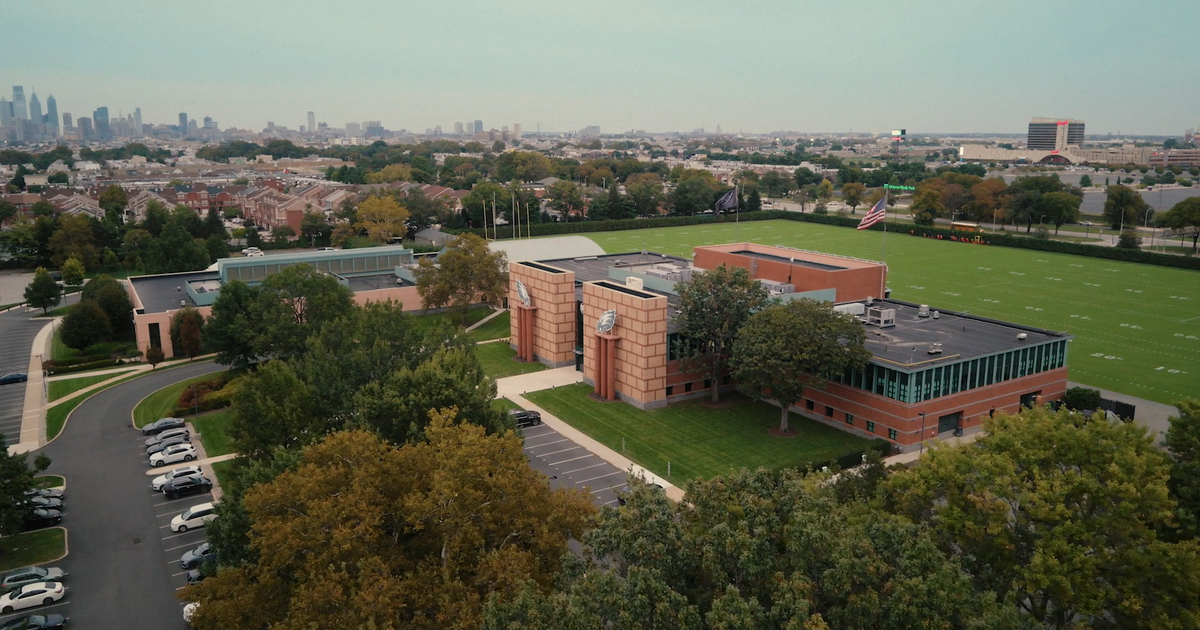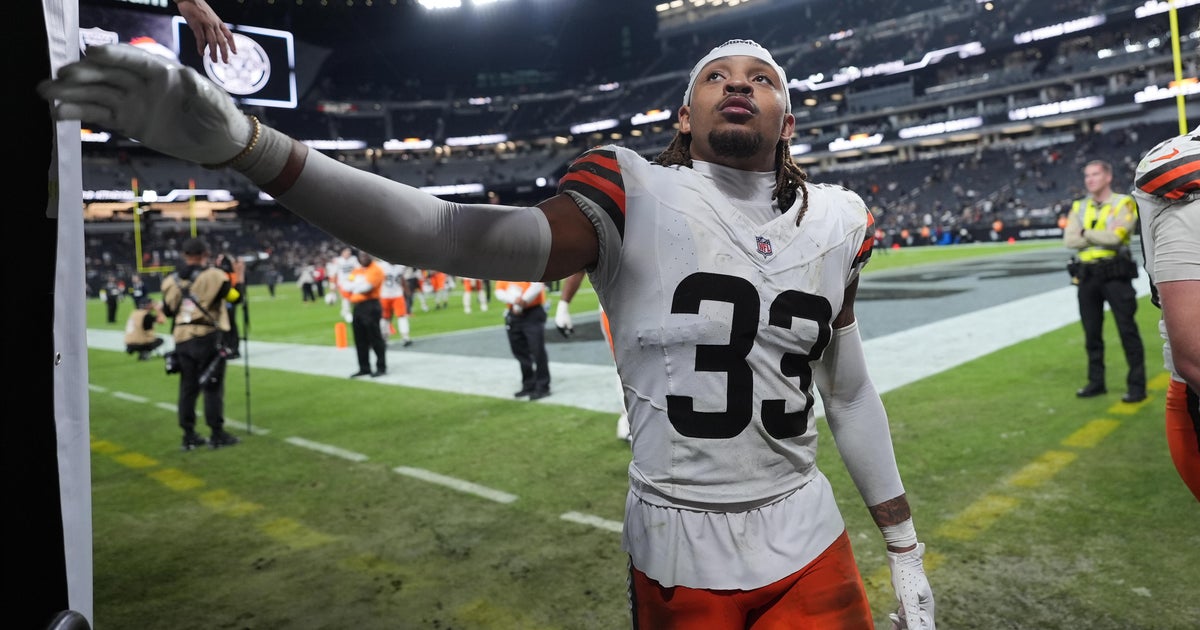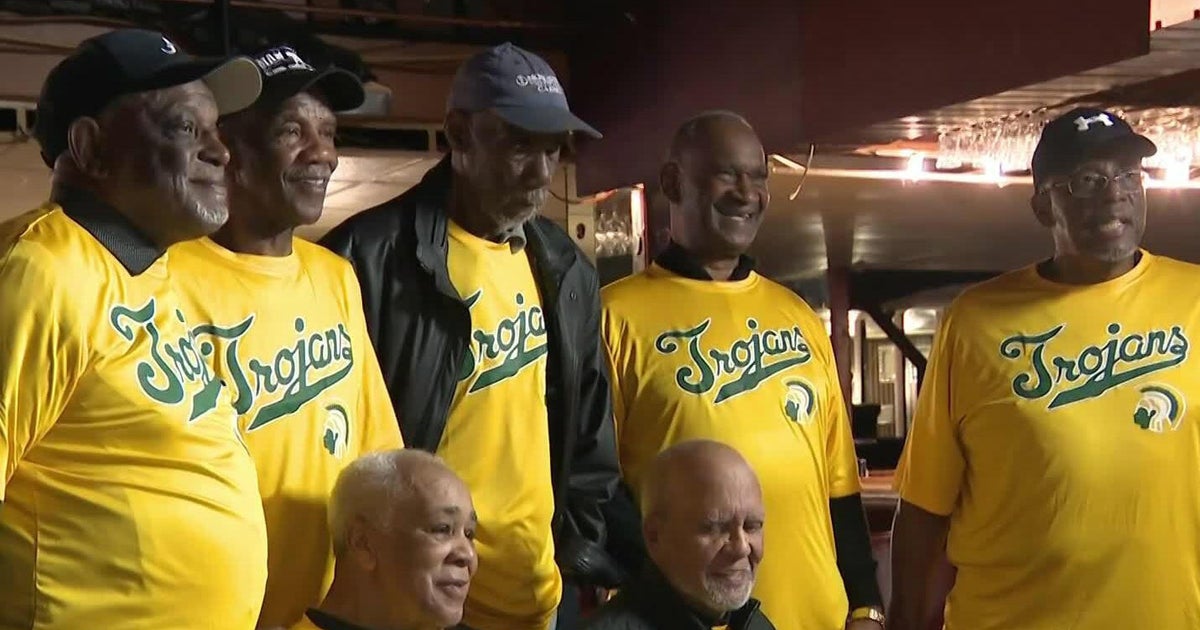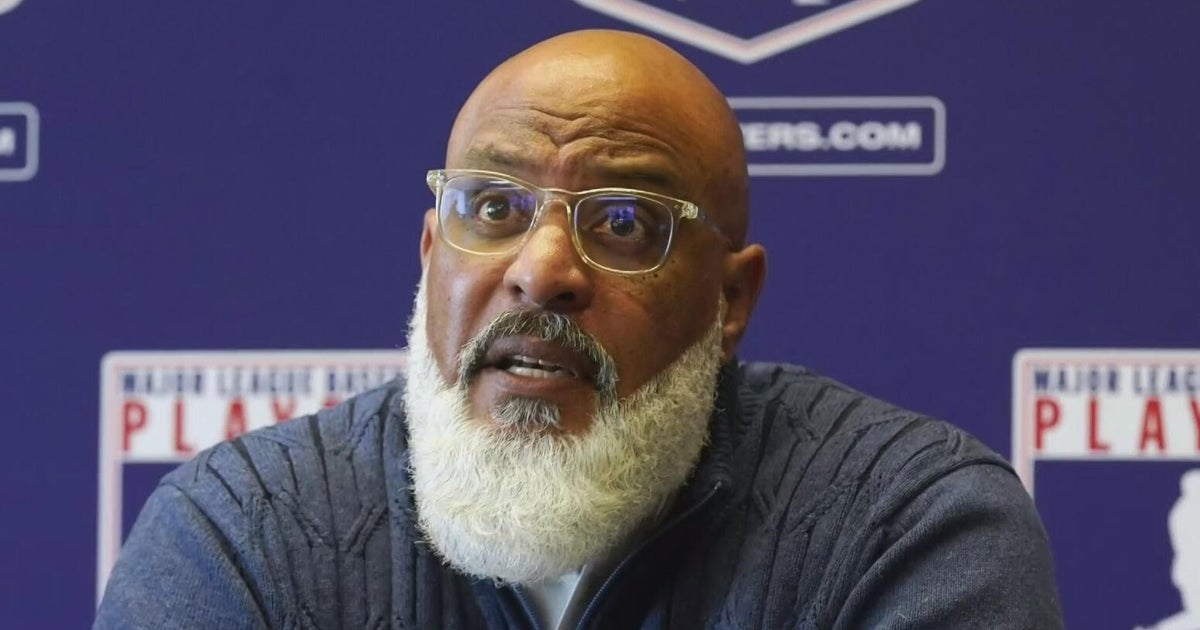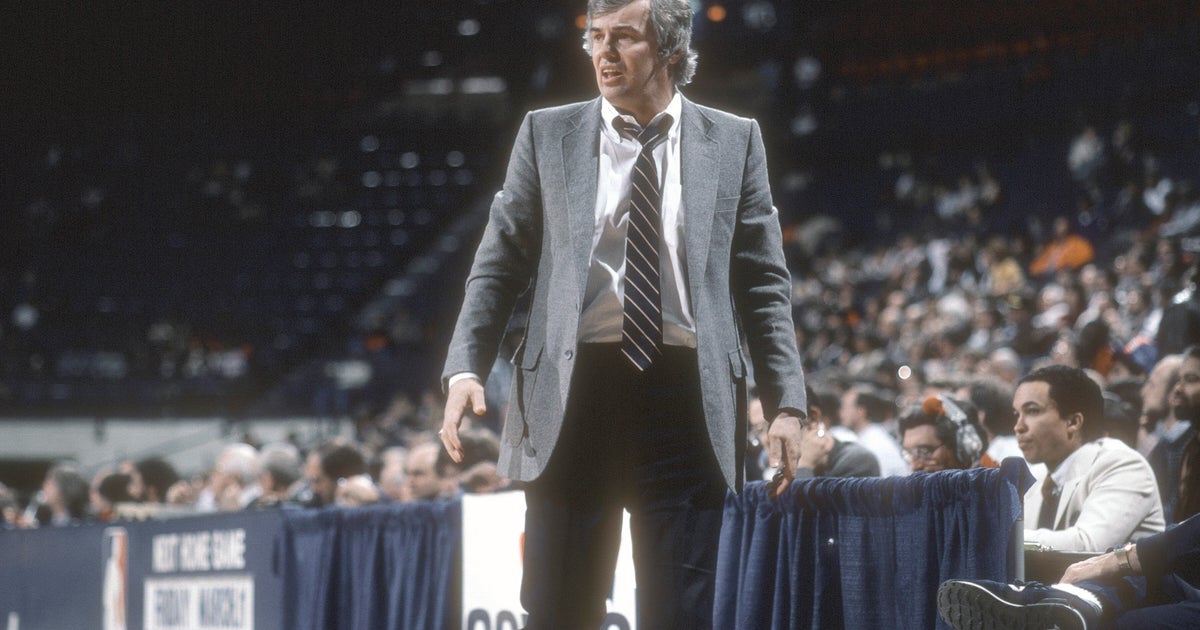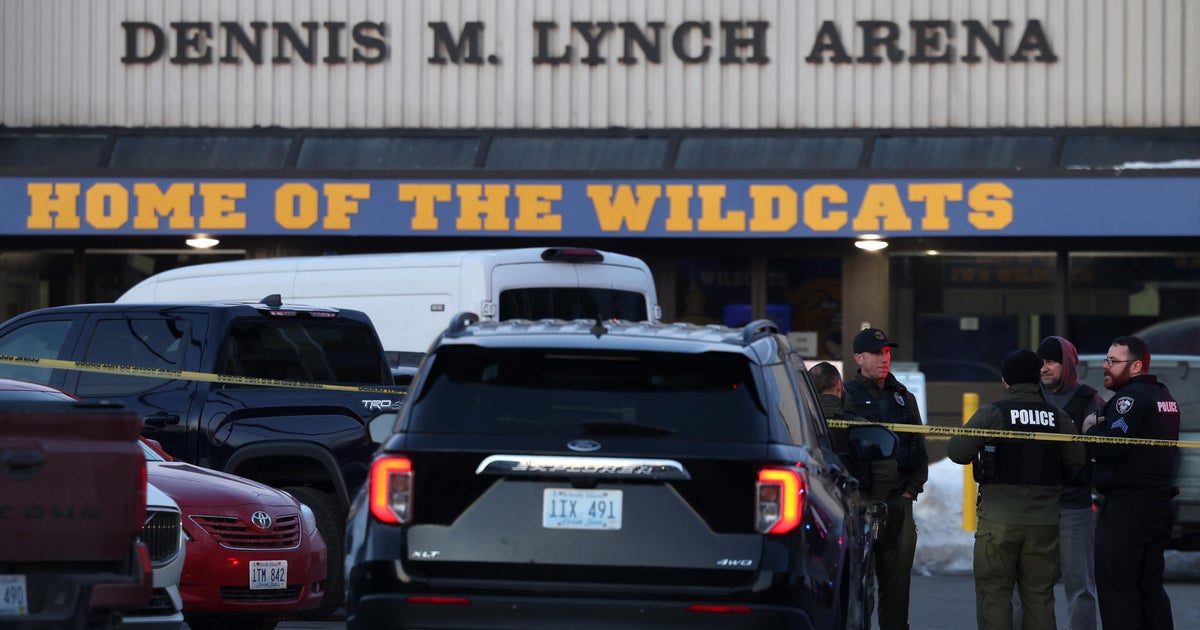Bernstein: An Unfair Question About Football
By Dan Bernstein--
CBSChicago.com senior columnist
(CBS) The names keep changing, but the story remains the same. A former NFL player deteriorates before our eyes, his brain ravaged by the game and now failing him as friends and loved ones lament the price he paid for glory and the toll it is now taking on their lives.
Nick Buoniconti is the latest example of what's now an all too common American sports tragedy, his condition detailed in harrowing fashion by S.L. Price in Sports Illustrated. Among many aspects that stand out in the painstakingly reported and deeply human piece is Buoniconti's response to what has become a trite and often unfair question to a former football player in the throes of cognitive decline.
It's always something along the lines of "Knowing what you know now, would you still have played?"
This has become perfunctory, it seems, a kind of forced dramatic moment in all these similar profiles and one that I have thought about more from the player's side as time has gone on. There are some who are compelled to give what may be perceived as the "right" answer of regret, particularly in so many versions where the reporter is making a general point about the dangers endemic to football. They may answer a different question -- a better one, I think -- about if they would want their son to play, but it is almost always this impossible time-travel moment that makes some players appear stubborn when they say they wouldn't change a thing, even now.
But think about what's really being assumed so blithely by this query and it makes perfect sense: a player who has dedicated his life to the sport is, in fact, being asked to relinquish his very identity. Whether or not he needed football as a vehicle to improve his socioeconomic standing, it became most of his existence for a long time and a singularly defining aspect for many. He can look at a home and a family that may not exist if not for his connection to the game, and he would essentially be answering in a way that makes them also disappear in a blink.
I've learned to cringe when this question gets asked, because it presupposes an infinite number of other possible outcomes upon a player saying he would or should never have chosen to put a helmet on. Is he expected to reasonably imagine himself as someone else?
What's more is that this philosophical challenge is presented to him specifically because he's suffering from a disease that's robbing him of his faculties -- and often of his very sense of self. It's doubly cruel to ask if he'd rather have been a different person, in other words, at just the time he is so terrified of losing what's left of who he is.
There are no right or wrong answers, of course, and all kinds of thoughtful responses have been provided by players facing the most difficult challenge of their lives or some younger and still healthy but worried about what could be in store. Buoniconti responded to Price: "Had I known, would I have played? I had no alternative; there was no other way for me to get a college education. Football kept rewarding me -- I can't deny that. But I'm paying the price. Everybody pays the piper."
It was well-handled, an aware and thoughtful way of explaining that he's sad about what's happening but understands why.
I believe there can be better ways to learn about the sacrifices our modern gladiators know they have made, however, without forcing on them a cursory hypothetical that's something less than compassionate.
Dan Bernstein is a co-host of 670 The Score's "Bernstein and Goff Show" in afternoon drive. You can follow him on Twitter @dan_bernstein and read more of his columns here.
